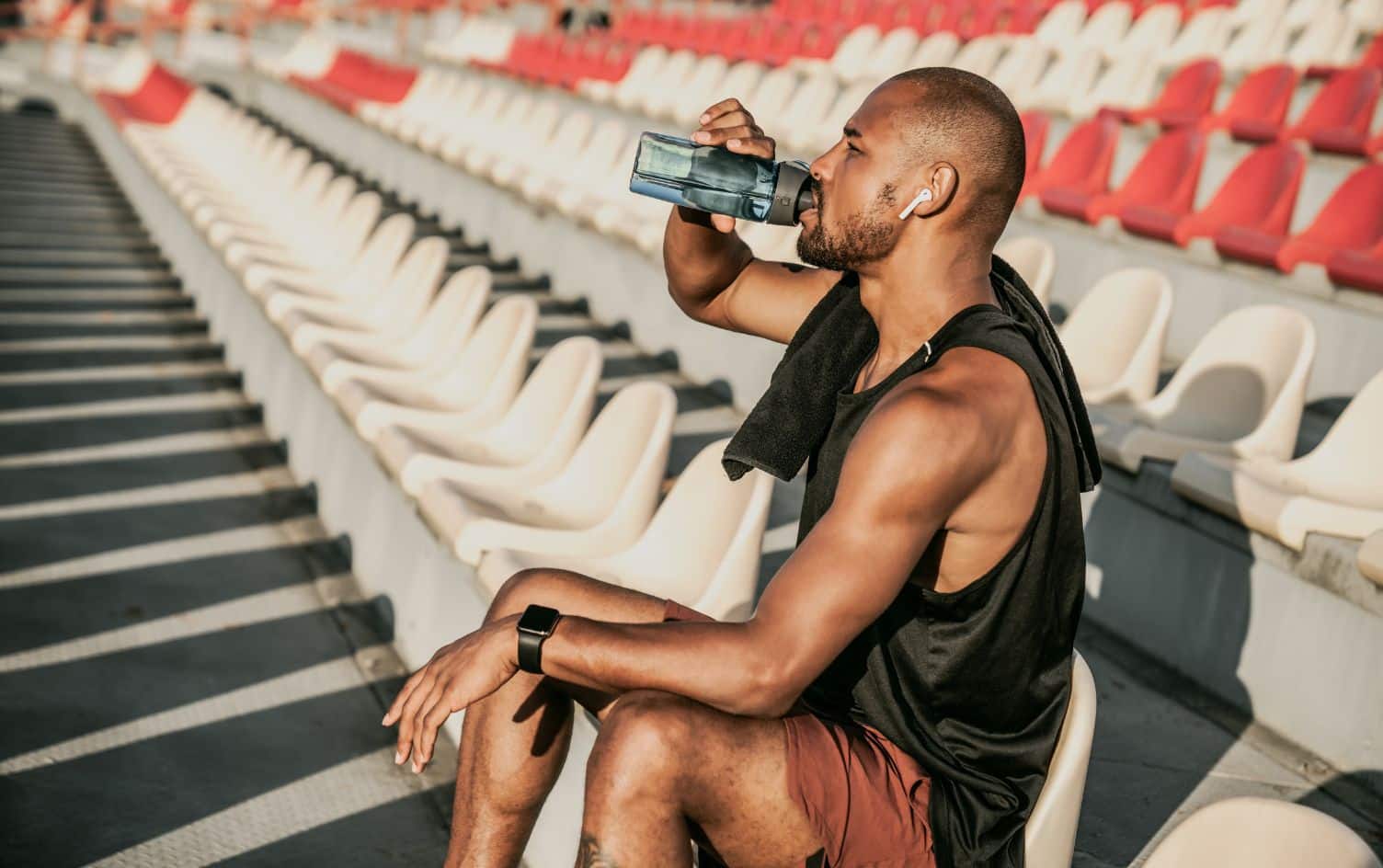High blood pressure is the attention-grabbing diva in medical checkups, but it turns out that low blood pressure—known as hypotension—can cause its own reality-show-level damage, too.
 Typically, your blood pressure should be around 120/80, though there’s variation, and those numbers (which represent, respectively, the pressure in your arteries when your heart is pumping and when it’s between beats) might be a little higher or lower for you on a normal day. When BP is less than 90/60, it’s considered low.
Typically, your blood pressure should be around 120/80, though there’s variation, and those numbers (which represent, respectively, the pressure in your arteries when your heart is pumping and when it’s between beats) might be a little higher or lower for you on a normal day. When BP is less than 90/60, it’s considered low.
Though low blood pressure tends to develop later in life, many of the young women that Erika Schwartz, M.D., a physician and author of patient advocacy guide, Don’t Let Your Doctor Kill You, sees in her practice have it. A lot of them don’t realize it, but then fret that it’s unhealthy when they find out.
“Low blood pressure by itself is not a cause for concern, particularly in young women,” says Schwartz. “But when symptoms start occurring, then that’s when you should look at ways to counteract it.”
There are three main signs that you might be battling some low blood pressure ills:
1. Dizziness or lightheadedness, especially when standing up suddenly
You’re looking at the bottom row of books and you pop up to continue your search, and suddenly: whoa, head rush. This is the most common symptom of low blood pressure, and if it happens only occasionally, then it’s no big. Schwartz notes that this one can often get corrected by making sure you’re not dehydrated.
2. Brain fog, complete with crappy memory about things that just happened
Multitasking sucks for everyone (seriously, everyone), but if you’re usually on top of your to-do list and you suddenly start feeling foggy, it could be hypotension. You’ll feel disconnected or spaced out, and then your short-term memory gets glitchy. Fun!
3. Feeling super low energy, even when you’ve had enough sleep
You got your 8 hours, and your butt is still dragging. Even combatting it with venti-sized, multi-shot beverages only works temporarily. Low blood pressure can cause fatigue, and some experts have suggested that Chronic Fatigue Syndrome and low blood pressure may be linked.
Less-common symptoms of low blood pressure might be blurred vision, general weakness, and nausea. Sometimes it can cause fainting, and rapid, shallow breathing, and has even been linked to depression, according to the American Heart Association.
The best treatment for low blood pressure is in your lifestyle—and on your kitchen counter.
Although high blood pressure is often addressed with medication, physicians are very reluctant to go that route with hypotension, Schwartz says. That’s because making some tweaks to your everyday habits can yield much better results than popping meds.
What works? The tried-and-true efforts that you may be doing anyway: trouncing stress with activities like yoga, getting enough sleep, ditching the smokes, staying hydrated, and maintaining a moderate-to-kickass level of fitness.
Also, stop being so stingy with the salt.
“Culturally, we have the mentality that salt isn’t good for you,” says Schwartz. “But we need it to maintain normal blood pressure and to support the adrenal system. Women, particularly, require salt because it helps address physical changes during their periods.”
Playing around with good-for-you habits will likely vanquish all those annoying low blood pressure symptoms. But if they persist for more than a few days, then check with your doc, because some conditions can cause low blood pressure, like heart issues, endocrine problems, and pregnancy, especially during the first 24 weeks. So, make an appointment, and maybe have a salt-crusted pretzel on the way.




